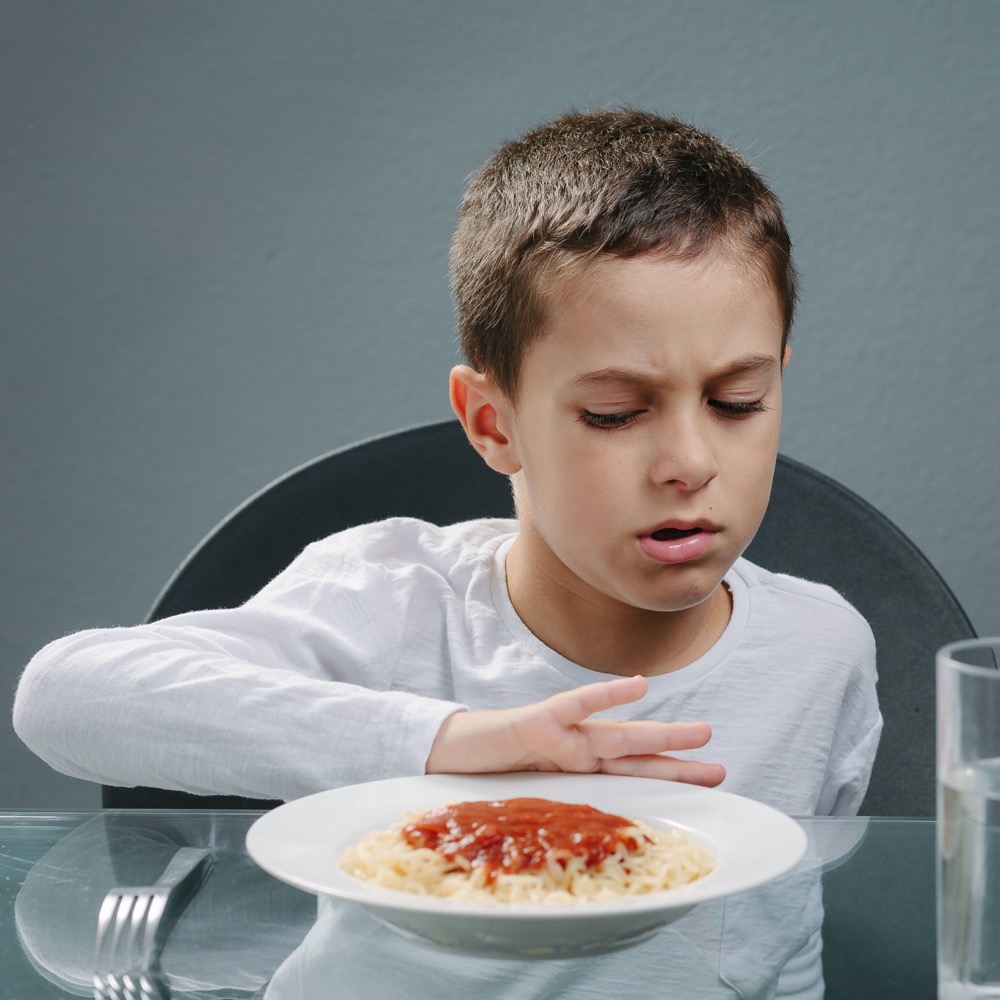Iron can make the difference between making you feel at the top of the world or downright sluggish. If you are feeling exhausted and wondering if your food has to do something with it – then you can be right. The deficiency of iron in your diet can cause a myriad of health issues, let alone leaving you exhausted.
What is iron-deficiency?
As the name implies, iron deficiency occurs when this essential mineral is scarce in the body. Without enough iron, our body can’t produce red blood cells which are responsible for essential body functions such as carrying oxygen throughout our body, keeping us energetic, promoting our mental health and balancing the immune system.
As a result, we can feel exhausted, short of breath and even heart health issues. And since our body can’t produce iron by itself, we need to make sure, we get enough iron from dietary sources.
So, what are the common signs of iron deficiency?
1) Iron deficiency can cause exhaustion even when you’re not doing enough work
The most common symptom of iron deficiency is also probably the most difficult to detect – feeling tired and exhausted. Feeling tired after a long day is quite normal, but if the bouts of fatigue occur more often and longer, it may be a symptom of iron deficiency.
The iron deficiency causes less oxygen to reach the cells, so the body is deprived of energy that can leave you tired and lethargic.

2) Heavy periods in women can be a sign of iron deficiency

According to experts, iron deficiency is the number one cause of heavy periods in women. Especially in the case of Iron Deficiency Anaemia, a condition characterised by a lack of healthy red blood cells, it can cause heavy blood loss, depleting your body’s iron stores.
If you suffer from heavy loss of blood accompanied by severe cramps, you must visit your doctor to be screened for iron deficiency anaemia. A blood test can check the level of red blood cells and iron in your body.
3) Shortness of breath could be iron deficiency
No matter how hard you try, if the oxygen level is low in your body, you will suffer from shortness of breath. And if you find yourself out-of-breath after doing your normal day-to-day activities, iron deficiency could be to blame.
Shortness of breath is a symptom of iron deficiency wherein it causes depletion of haemoglobin in the blood, resulting in lower levels of oxygen in the body. This means your muscles and tissues will not receive enough oxygen.

4) Iron deficiency can cause a pounding heart

The noticeable pounding of the heart or heart palpitations is another common symptom of iron deficiency. However, according to a study on cardiomyopathy and iron deficiency, you need to be suffering from an iron deficiency for a long time for suffering from a pounding heart.
In the extreme case of iron deficiency, it can also lead to an enlarged heart and heart failures.
5) Loss of appetite due to low iron especially in children
Children including infants, preschoolers and teenagers are at an increased risk of developing a deficiency of iron because their required iron intake may not be sufficed by dietary source.
According to a report by MayoClinic.com, iron deficiency can lead to loss of appetite among children and infants.

Additional symptoms
Apart from the common symptoms such as exhaustion and shortness of breath, iron deficiency can cause many other symptoms particularly paleness, dry and itchy skin, and muscle weakness.
Headache, lightheadedness and dizziness are also commonly seen with many complaining about irritability and strange tingling sensations in their legs.
People with chronic conditions such as kidney failure, autoimmune diseases and inflammatory disorders may also see a depletion of iron from their body.

